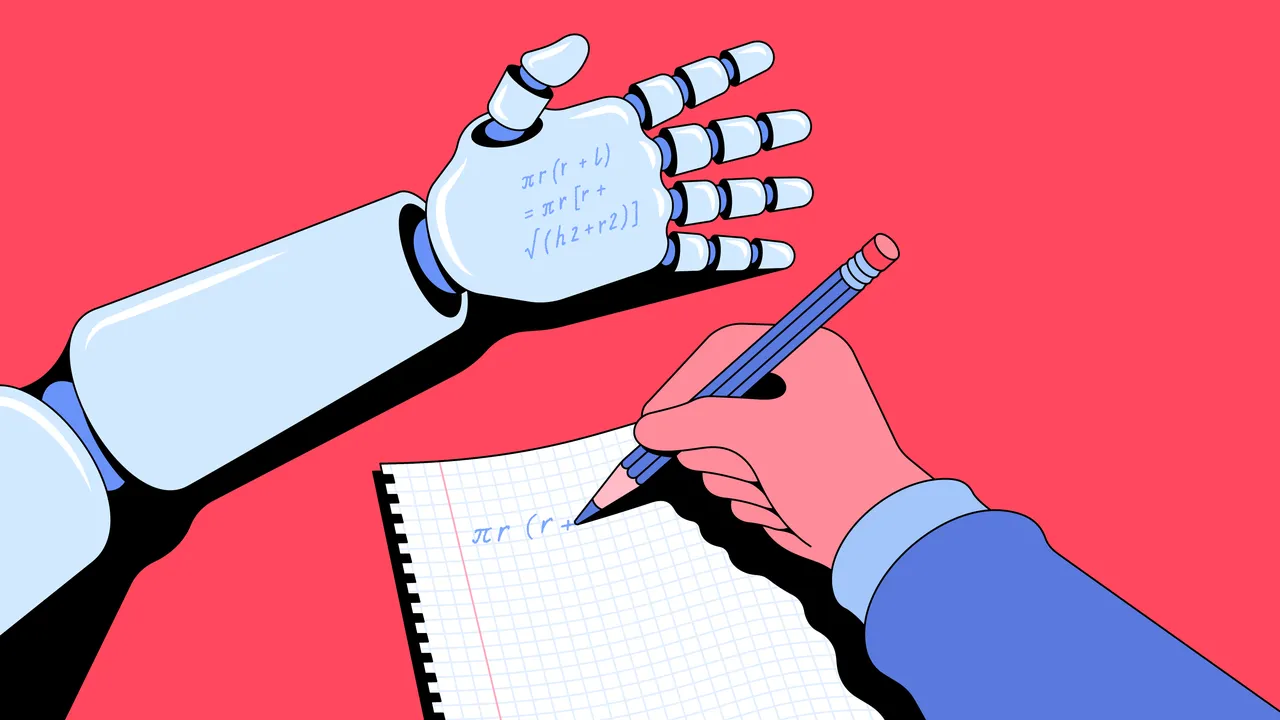Artificial Intelligence and Cheating: A New Challenge for Education

Understanding AI's Impact on Academic Integrity
Artificial intelligence (A.I.), particularly tools like ChatGPT, has ignited significant concern regarding cheating in schools. Teachers nationwide express increased distrust towards student work due to generative AI. Studies indicate that A.I. detection tools are often flawed, sometimes unfairly flagging non-native English speakers’ writing. This uncertainty demands a thoughtful approach from educators in addressing alleged cheating.
What Teachers Are Saying
A recent study revealed that a science-based approach is necessary. Guidelines suggest teachers avoid making swift judgments and instead, review students' prior work, offer second chances, and engage in discussions. The release of an A.I. detection tool by OpenAI underlines the growing need to confront academic dishonesty effectively.
The Broader Context
While cheating isn’t new, A.I. technology challenges conventional perceptions. Similar to past concerns surrounding cell phones and Wikipedia, educators must reconsider how technology shapes academic practices. The distinction between using A.I. for assistance versus outright cheating is increasingly cloudy.
Examining Education's Objectives
Ultimately, education’s goal isn't solely about grading; it’s about fostering proper work habits. Balancing technology use with ethical principles can create healthier learning environments that don’t overemphasize strict adherence to archaic methods.
This article was prepared using information from open sources in accordance with the principles of Ethical Policy. The editorial team is not responsible for absolute accuracy, as it relies on data from the sources referenced.